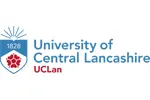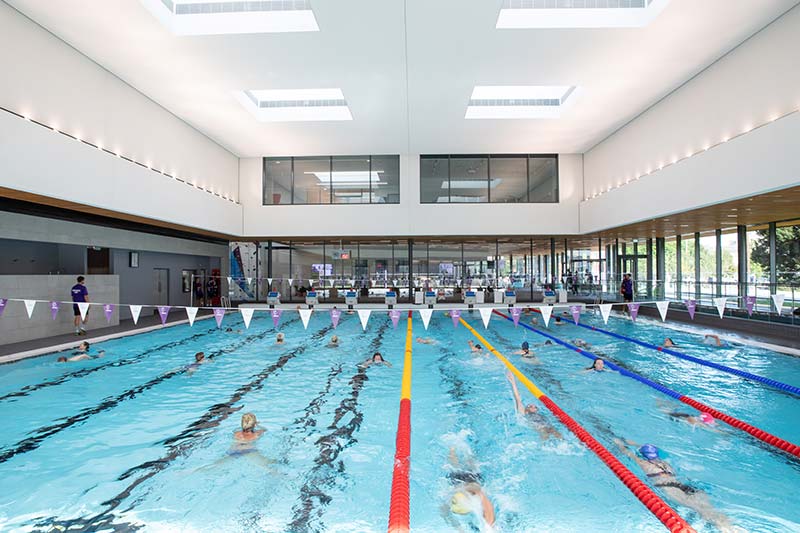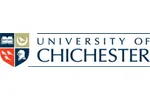Overview
Both dental hygienists and dental therapists help people maintain good oral health by providing treatments, carrying out procedures and giving dietary and hygiene advice.
The role of dental therapist is the same as a dental hygienist, however they can also carry out some of the restorative work dentists do, such as fillings and extractions.
This dual role BSc (Hons) Dental Hygiene and Dental Therapy course, accredited by the General Dental Council (GDC), gives you the theory and practical skills required to register as both a dental hygienist and dental therapist with the GDC.
Course Highlights
- Practise your skills in our Dental Academy model clinical practice, with dental treatment bays and simulation technology, including our Phantom Head skill lab, new haptics suite and radiography equipment
- Work in a dental team alongside practising dentists, dental nurses and other students, giving you a taste of your future work environment
- Build your experience working as part of a dental team, studying alongside dental hygiene, dental nursing and dental students as well as qualified professionals
- Work with the public through our community healthcare projects, providing additional patient-focused work experience such as working with the homeless community and our Brush Up programme
Careers and opportunities
Both dental hygienists and dental therapists provide oral care that helps patients maintain a healthy mouth, gums and teeth, but there's much more to the role than this alone. The treatments and procedures they carry out – such as scaling and polishing, and taking dental X-rays – are designed to support good oral health and prevent dental problems before they develop.
In addition to this, dental therapists are also trained to do some of the same work as dentists, including fillings, and extracting and placing preformed crowns on 'baby' teeth.
On adult patients, dental therapists can provide any dental work that doesn't require treatment to the nerve of a tooth, which makes them an essential support to dentists and a versatile and multi-skilled member of a dental team.
On this BSc (Hons) Dental Hygiene and Dental Therapy degree, you'll develop the knowledge, skills and professionalism you need to take on either of these roles, both of which are in high demand throughout the UK, in the NHS and in the private healthcare sector.
After you complete this course, you’ll be able to register with the General Dental Council (GDC) as a dental hygienist and a dental therapist and embark on your dental career straight away.
Looking to study just dental hygiene? Take a look at our BSc (Hons) Dental Hygiene degree.
When you complete the course, you'll be qualified to work in areas such as:
- general dental practice
- hospital dental services
- the Armed Forces
- the NHS
- health promotion
- owning and managing a dental business of your own
Roles our graduates have taken on include:
- dental hygienist
- dental therapist
- oral health educator
- practice manager
- practice owner
You could also continue your dental studies or do research at postgraduate level.
As an NHS dental hygienist in 2021, you could expect a starting salary of £25,655 moving up to £31,534 (Band 5).
With more experience, you could earn from £32,306 to £39,027 (Band 6) and with a role training others in dental hygiene, you could make up to £45,839 (Band 7).
As a dental therapist in the NHS in 2021, your starting salary would be between £25,655 and £39,027 (Bands 5-6). Once you have more experience, you could earn up to £45,839 (Band 7).
In private practice, hourly rates for dental hygienists and dental therapists range from approximately £16.56 to over £50.
















